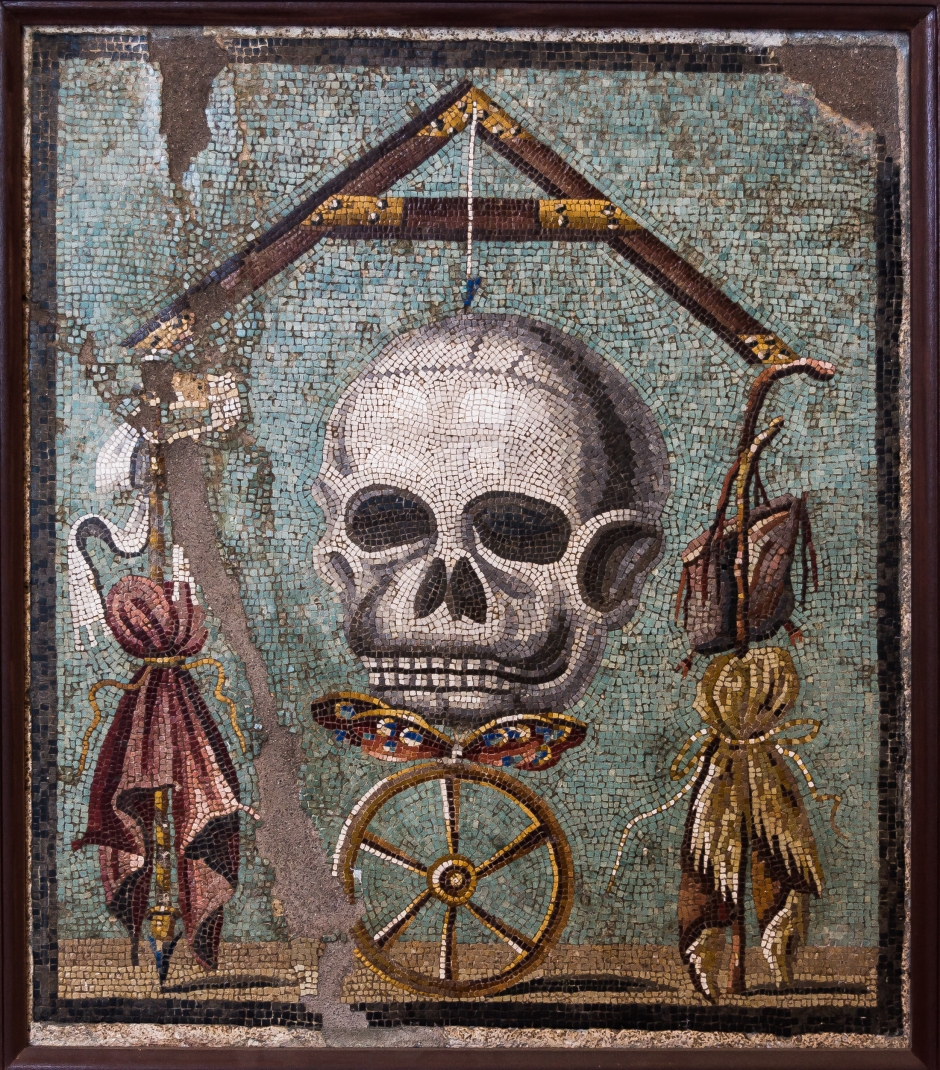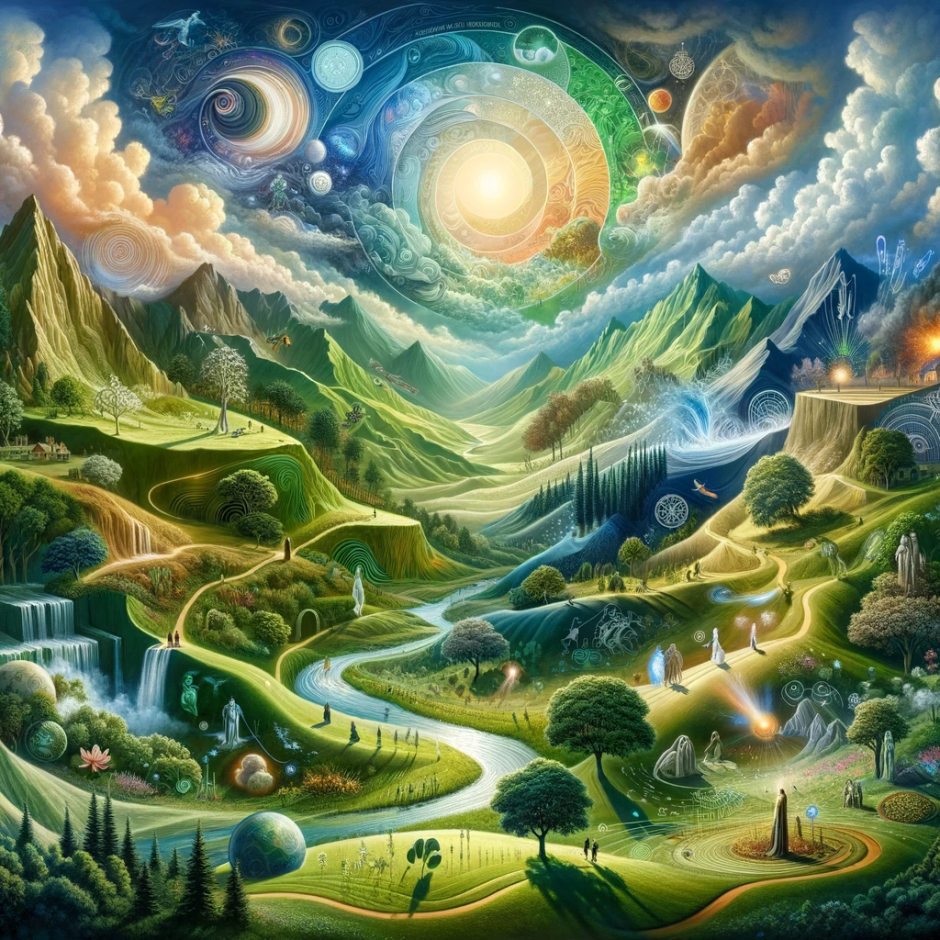The ancient myth of Eros and Psyche, replete with its rich symbolism and dramatic narrative, serves as a profound allegory for the journey of self-realization. This timeless tale weaves together the themes of love, challenge, and transformation, offering deep insights into the human quest for understanding and wholeness.
Continue reading “Eros and Psyche: A Mythical Pathway to Self-Realization”Tag: the soul
Impermanence: Parallels in Buddhist Anicca and the Western Memento Mori
In both Eastern and Western thoughts, there’s this big focus on life being temporary. We see this idea in lots of ways – like in symbols, sayings, or big ideas. They all kind of nudge us to remember that life doesn’t last forever, pushing us to really live our lives, be present, and care for each other.
In the West, there’s this thing called ‘Memento Mori.’ It’s Latin and means ‘remember you have to die.’ It’s a pretty direct way of saying we’re not here forever. There’s this old saying, “In all your works, remember your very end, and so you won’t sin, forever.” It’s like a reminder to think about how we live our lives.
Continue reading “Impermanence: Parallels in Buddhist Anicca and the Western Memento Mori”The World as a Vale of Soul-Making: Keats and Non-Dual Consciousness
John Keats, a visionary of the Romantic era, presented a profound dichotomy in his view of the world: contrasting it as a ‘vale of tears’ against the ‘vale of Soul-making.’ The former sees the world as a place of suffering, devoid of inherent meaning, a perspective where life is but a journey towards redemption from worldly sorrows. However, Keats’ ‘vale of Soul-making’ posits the world as a meaningful arena, a crucible where the soul is forged and refined.
Continue reading “The World as a Vale of Soul-Making: Keats and Non-Dual Consciousness”


